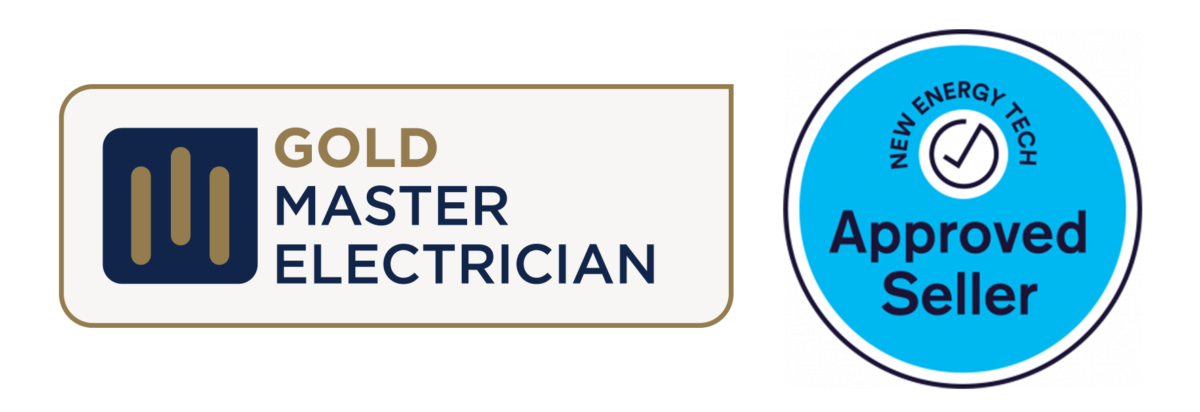

At Goodhew Electrical & Solar, we understand that your investment in solar energy is not just about going green—it’s about saving money and ensuring a reliable power source for your home or business. Regular maintenance of your solar power system is crucial to maximize its efficiency and lifespan.


Solar panels and inverters are generally low-maintenance, but like any technology, they benefit from periodic checks and servicing. Here’s why maintaining your solar system is important:
Goodhew Solar offers a range of maintenance services to keep your solar system running at its best:
Environmental factors such as dust, bird droppings, and pollen can accumulate on your panels, reducing their efficiency. Our professional cleaning service ensures your panels are spotless and operating at maximum capacity.
Our thorough inspection process includes:
We offer ongoing performance monitoring services to track the efficiency of your system. This includes:
Should any issues arise, our team is equipped to handle repairs swiftly. We also offer upgrade services to keep your system up-to-date with the latest technology.
Our experienced and specially trained solar technicians will do the maintenance in approximately 2 hours. This gives them the time to thoroughly check & test everything. The technicians will need to access your switchboard & inverter, if these are somewhere that they can access without you being at home then it is not necessary for you to be there, however if the switchboard &/or inverter are locked up then you will need to be home to give them access.
For the average 10kW system, intake per day is 50kWh. To check this you will need to change the screen on your inverter to the E-Today, this will show you the amount of kWh per day. The best time to check this is in the afternoon after a clear sunny day. We recommend you check it at 5:00pm, as it will show you an accurate reading for the whole day.
You can use our

We advise that you always turn your system off if someone needs to get on the roof and/or inside the roof cavity. This is to ensure that no one gets hurt if someone was to accidentally damage the system or wiring in some way.

If the voltage is too low (during sunset or sunrise) the inverter will shut down until the DC input voltage is sufficiently high enough to register again. Some inverters will indicate ‘voltage low’ with a flashing light prior to going into ‘sleep mode’.
During a ‘blackout’ or power cut, all grid connected solar inverters will automatically shut down. This is a legal requirement as a safety precaution, due to the possibility of utility repairs being conducted and the workers potentially touching live wires that are still receiving electrical currents from solar installations. Once the power is back on, you should always check that your inverter has started up normally.
From time to time a disturbance in the electricity grid, caused by a voltage spike, can cause your inverter to shut down or go into ‘fault mode’ in order to protect your property and the inverter. It is advised to refer to the inverter operating manual and also try restarting your system manually following the ‘shut down and start up procedure’. It is recommended that you then monitor your system, as generally it will correct itself. If your inverter continues to display an error message, please contact Goodhew and we will be happy to help resolve the issue.
Although the rain removes some dirt and dust, depending on the environment that you live, it is recommended that you clean your solar panels at least twice a year to enable optimum production. If you experience a lot of dust and debris or salt spray, you may wish to clean the panels more frequently. A soft cloth, soft brush or even a soft mop for heavily soiled panels can be used with very mild dish washing detergent if necessary. You should ensure you rinse the panels thoroughly and NEVER stand on them. Goodhew offers a full maintenance and panel cleaning service.

Goodhew Electrical and Solar is one of Brisbane, South East Queensland and Northern NSW’s longest standing and most popular solar companies. At Goodhew Electrical and Solar we endeavour to encompass the entire package.
Main service areas – Queensland (QLD) and Northern NSW – Brisbane, Cleveland, Bayside, Redlands, Logan City, Gold Coast, Tweed Heads.

Copyright © 2024 Goodhew Electrical & Solar. All Rights Reserved | Terms & Conditions | Privacy Policy